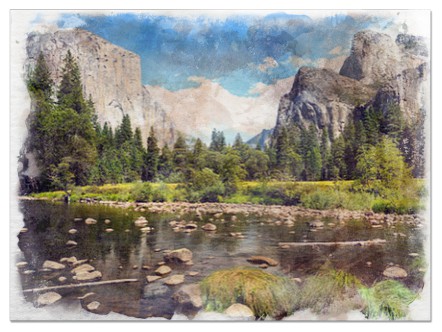
—when surfing in 28 degree water—or stuck in traffic—for 63 hours a year—your brain freezes—your chin gets stiff—no angry mobs in Tehran—shouting “Death to America”— No McDonald’s in Tehran—instead, a homegrown Mash Donald——dreaming—of a woman with blonde hair—chin length—at a restaurant table—with a younger dejected bully—hey, don’t worry—she says looking down at him—I’ll let you see em later—he drops his head—a sad puppy—so sad—so horrible—when the phone rings—we all wake up—to headlines with his name—oh no—and they’re just not true—he says—everyone must love me—digital twitter talk—can’t be recaptured—and you can’t bury it—it’s out there—scattered in air, on land, at sea—North Africa to Europe—Seawatch reports—2400 migrants rescued—four children dead—
(26 Oct 2016)
First published in Posit: A Journal of Literature and Art.
Barbara Henning is the author of several collections of poetry, her most recent A Day Like Today (Negative Capability Press 2015). Other recents include A Swift Passage (Quale Press), Cities and Memory (Chax Press) and a collection of object-sonnets, My Autobiography (United Artists). She has published three novels, Thirty Miles to Rosebud, You Me and the Insects and Black Lace, and she is the editor of Looking Up Harryette Mullen and The Collected Prose of Bobbie Louise Hawkins. Born in Detroit, Barbara lives in Brooklyn and teaches for Long Island University, as well as writers.com. http://barbarahenning.com
Painting Double Flat G by Jenn Zed. Used by Permission.























